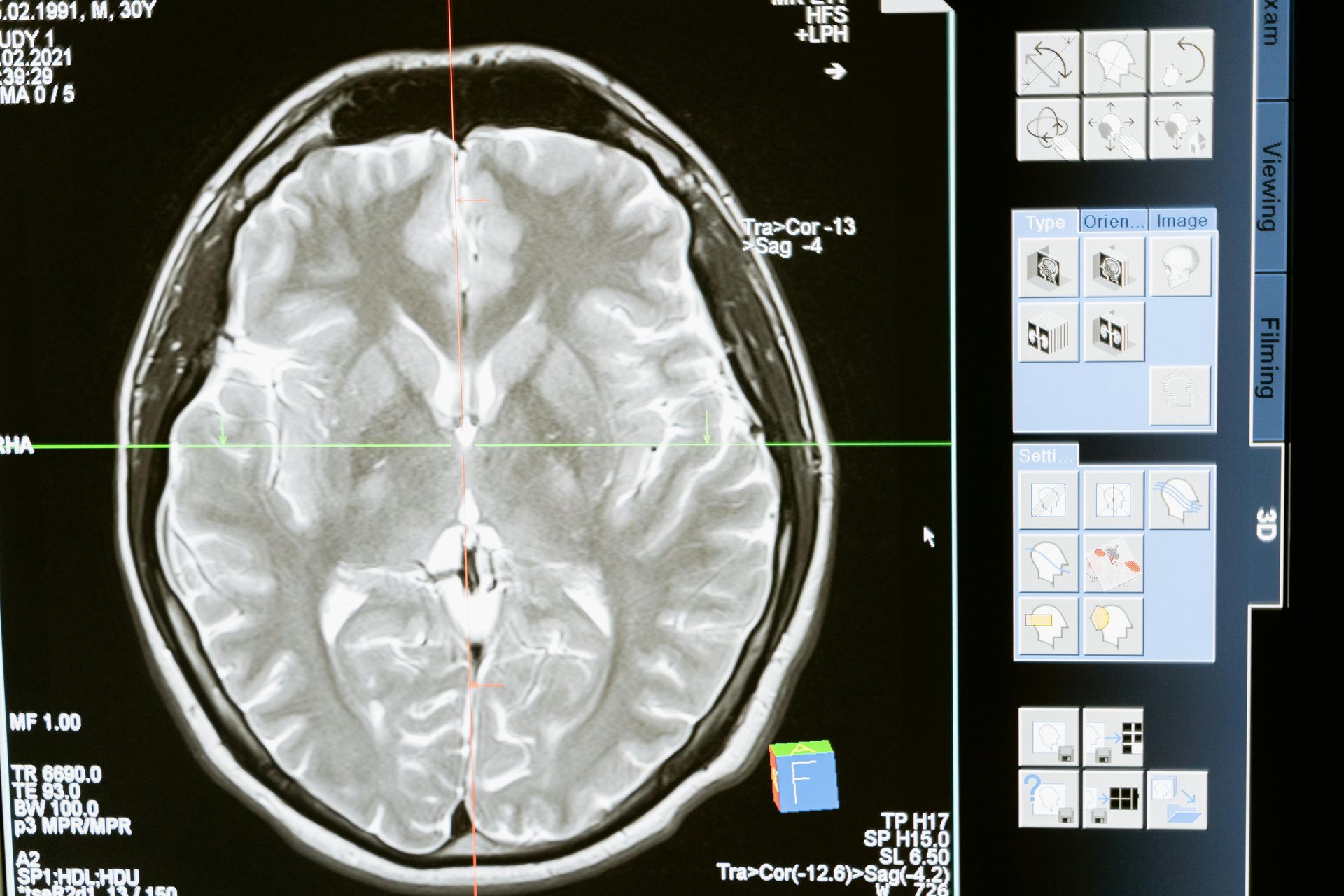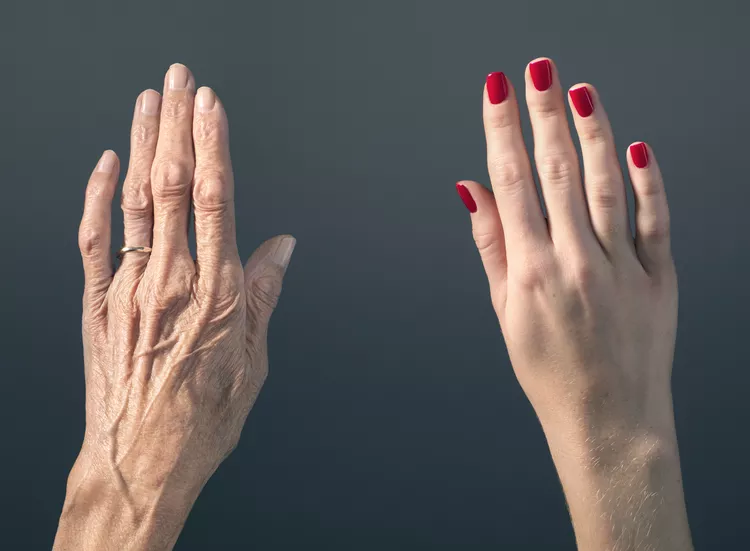AI-Based Aging Clocks: A New Frontier in Predicting Lifespan and Health
Researchers at the Institute of Psychiatry, Psychology & Neuroscience have conducted a groundbreaking study evaluating artificial intelligence (AI)-based aging clocks, which predict an individual’s health and lifespan by analyzing data from blood samples. The study, published in Science Advances, explored how different machine learning algorithms perform in developing biological aging clocks based on blood metabolite data. By leveraging one of the world’s largest datasets, including information from over 225,000 UK Biobank participants aged 40 to 69, the researchers sought to assess how accurately these AI models could predict biological age and the risk of age-related health issues.
Understanding Metabolomic Age: The Role of Blood Markers
Metabolomic age, or “MileAge,” refers to the biological age of a person’s body as indicated by specific markers in the blood known as metabolites. Metabolites are small molecules produced during metabolism—such as when food is broken down into energy. The difference between an individual’s metabolite-predicted age and their chronological age is termed “MileAge delta.” This value helps determine whether a person’s biological aging is accelerated or slowed. For instance, individuals with a higher metabolite-predicted age than their actual age may experience accelerated biological aging, potentially leading to poor health outcomes.
The research focused on the ability of various metabolomic aging clocks to predict lifespan and health status, as well as their association with markers of aging, such as frailty and the presence of chronic illnesses. Those with accelerated biological aging were more likely to experience negative health outcomes, including higher frailty, worse self-rated health, and a greater risk of mortality. Additionally, they had shorter telomeres—protective caps at the ends of chromosomes—which are linked to cellular aging and age-related diseases like atherosclerosis.
Key Findings: Identifying the Most Effective AI Models
The study also compared 17 different machine learning algorithms to determine which were most effective at developing aging clocks using metabolite data. One algorithm, Cubist rule-based regression, stood out as the most strongly correlated with key health and aging markers. This model proved particularly useful in predicting biological age and was strongly associated with frailty, chronic illness, and mortality risk. The researchers also found that algorithms capable of modeling non-linear relationships between metabolites and age generally performed the best in identifying the biological signals that inform health and lifespan predictions.
Furthermore, the study highlighted that individuals with a metabolite-predicted age that was younger than their chronological age—suggesting decelerated biological aging—did not show significant improvement in health. This weak link between decelerated aging and better health implies that a slower aging process doesn’t necessarily guarantee better overall health outcomes.
Aging Clocks: Implications for Health and Longevity
The findings from this study are groundbreaking, as they suggest that AI-driven aging clocks can help identify early signs of declining health, potentially allowing for preventative measures before the onset of diseases. These models could also serve as valuable tools for individuals seeking to monitor their health more proactively, make informed lifestyle choices, and take preventive steps to maintain well-being for longer. By tracking biological aging through blood markers, AI could offer a personalized approach to health management, providing insights into how individuals age biologically compared to their chronological age.
In conclusion, this research represents a significant step toward using AI and metabolomics to better understand aging, health, and longevity. The ability to predict biological age with precision could pave the way for new interventions aimed at extending healthy life and preventing age-related diseases.






